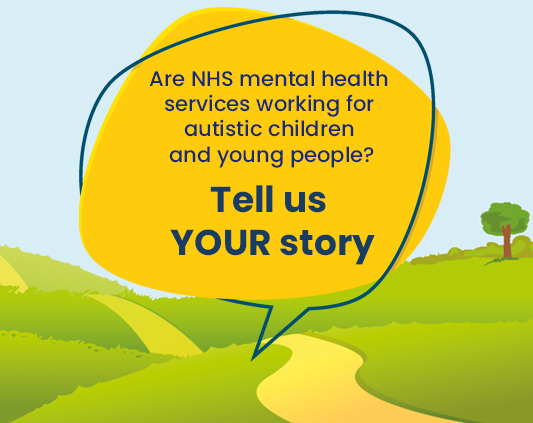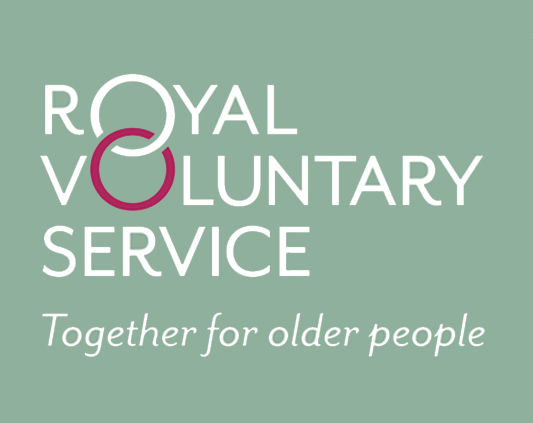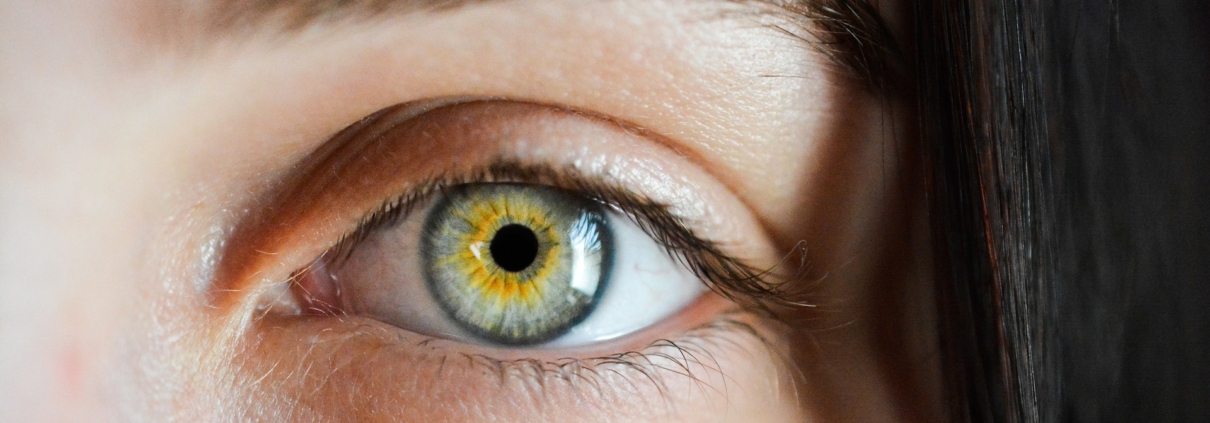Things I wish I had known before my loved one went to live in a care home
Hearing feedback from relatives of those in care homes, we know that the process of moving into a care home can be a very isolating and upsetting time. There are many different emotional and practical aspects to consider.
Sometimes decisions and choices have to be made very quickly. Even when there is more time to plan, there can be smaller, unexpected issues that arise and make you think ‘I wish I had known this before my loved one went to live in a care home’.
This list was put together by people who attended our care homes forums in 2021 and 2022. It is a simple list of things to think about and comes from their experiences of having a loved one living in a care home.
There will be other things which we have not thought of and if you have more ideas and tips, please let us know and we will add them in.
Things to do
- Provide more socks than you think will be needed – with recognisable patterns
- Provide slippers – two pairs at least
- Keep a supply of clothes at your home to top up/replace items as needed
- Label everything – clothes and other items – with your loved one’s name. They may change rooms but not their name!
– iron in labels for clothes and shoes in addition to the home’s own labelling
– use indelible marker to write name or room number on TV remotes and ornaments - Check if you can you use your own bed linen and/or curtains
- Ask if you can move in small items of furniture. A small side table that sits against a wall gives a nice focal point for ‘knick knacks’ without taking up space
- Think about things that brighten a room immediately – pictures, trinkets, lamps, throws, cushions, but nothing too valuable or fragile in case of breakages/loss
- Put a favourite picture of your loved one when they were younger in a prominent place
- Buy a spare remote control for the TV
- Think about a small Christmas tree and decorations. Ask family and friends to send cards directly to the person in the home so they feel part of the celebrations.
- Supply games, picture books etc. to help with visits
- Take scented drawer liners which add a nice touch to a room
Things to know
- Labelling is very important but things will disappear, move around the home and reappear – both in and out of your loved ones room
- Remember to say hello to other residents – you are in their home
- Care home tea is usually very milky!
- Care homes can be very warm – wear layers
- Are meal times protected – is visiting not allowed at this time or can you visit to help your loved one eat?
- Find out the arrangements for Christmas – are you able to visit or take your loved one out of the home?
- Leaving your coat and handbag in the car or in the manager’s office, so that you can slip out, can make leaving after a visit less stressful for you and your loved one.
- Does the home arrange ‘virtual’ visits – who does them and how is your loved one supported to interact with the call?
- It might be reassuring to ask what a ‘typical day’ looks like for your loved one
- Visiting can be upsetting so it can be an idea to have someone to talk to afterwards or have a relaxing activity planned
Get in touch
If you’d like to speak to us about your experiences of care homes, care home visiting, information about care homes in Northumberland, or would like to know more about our forums, please get in touch.











